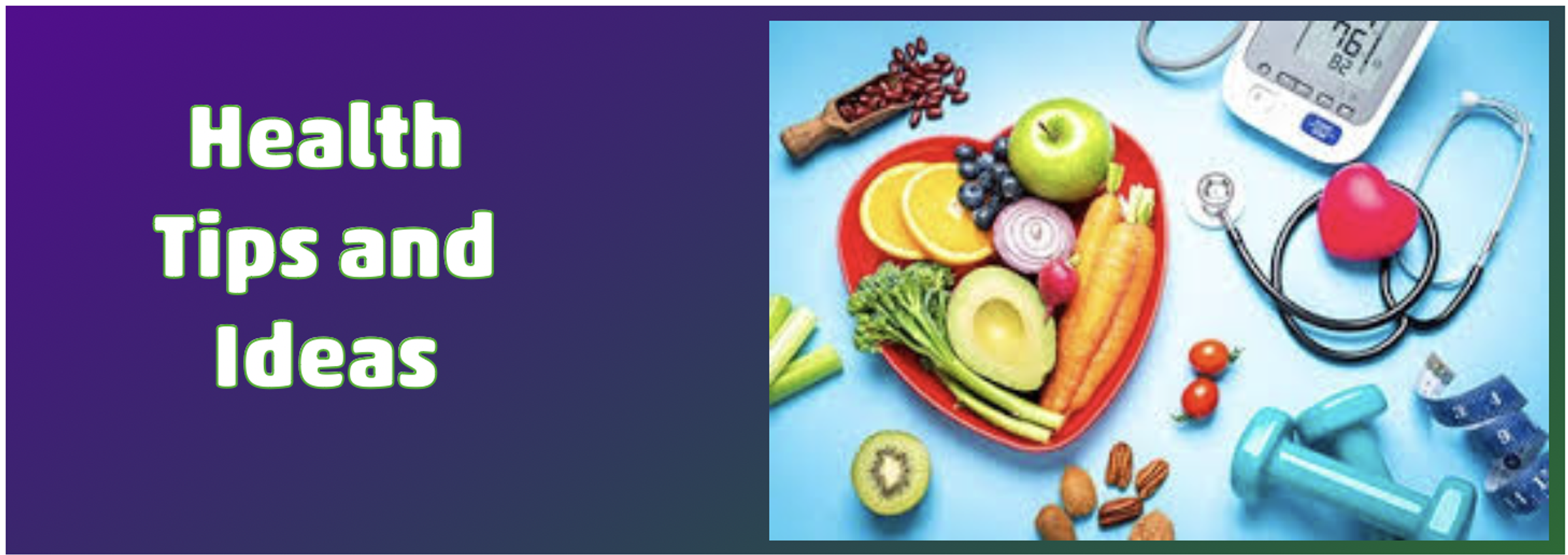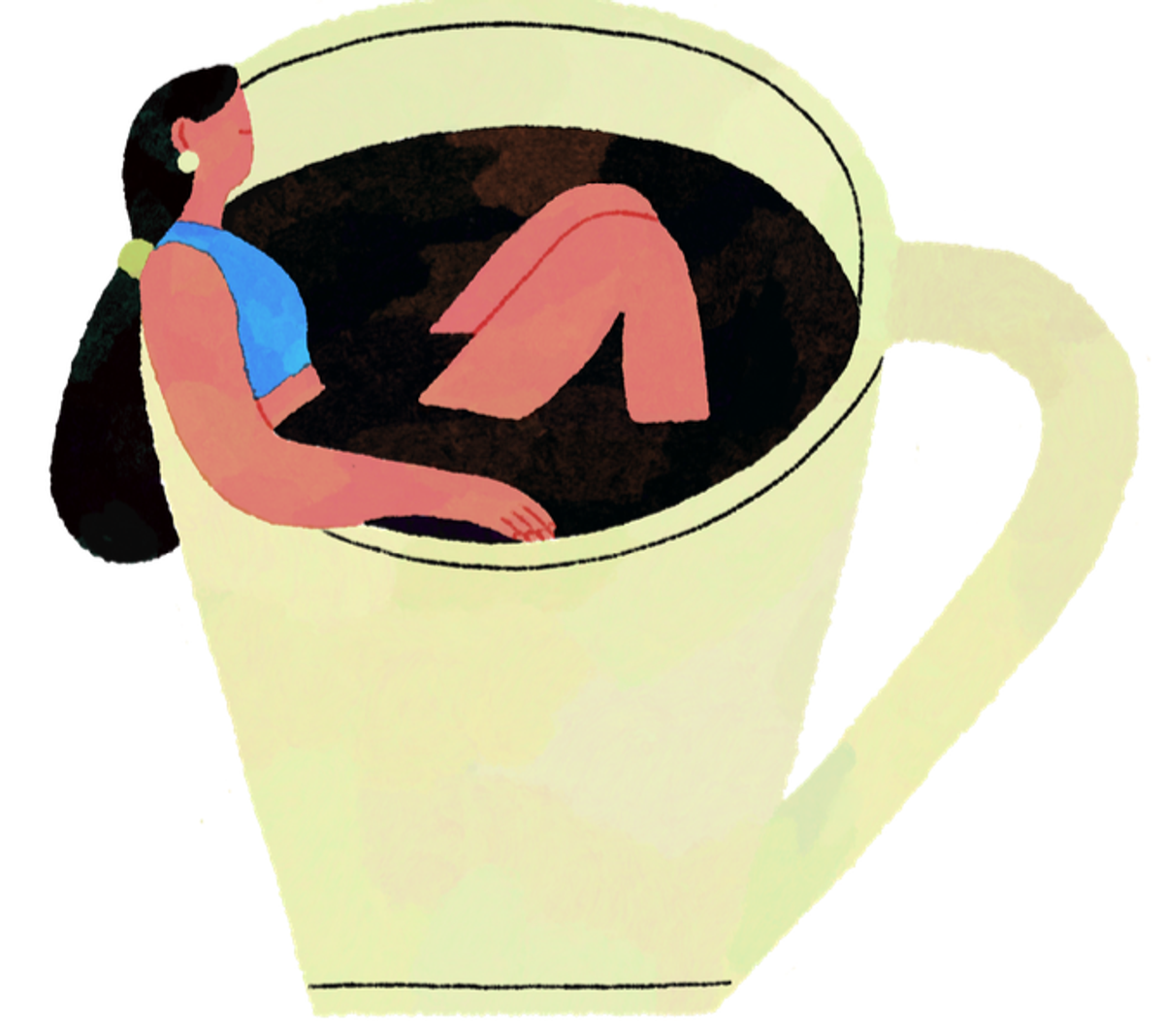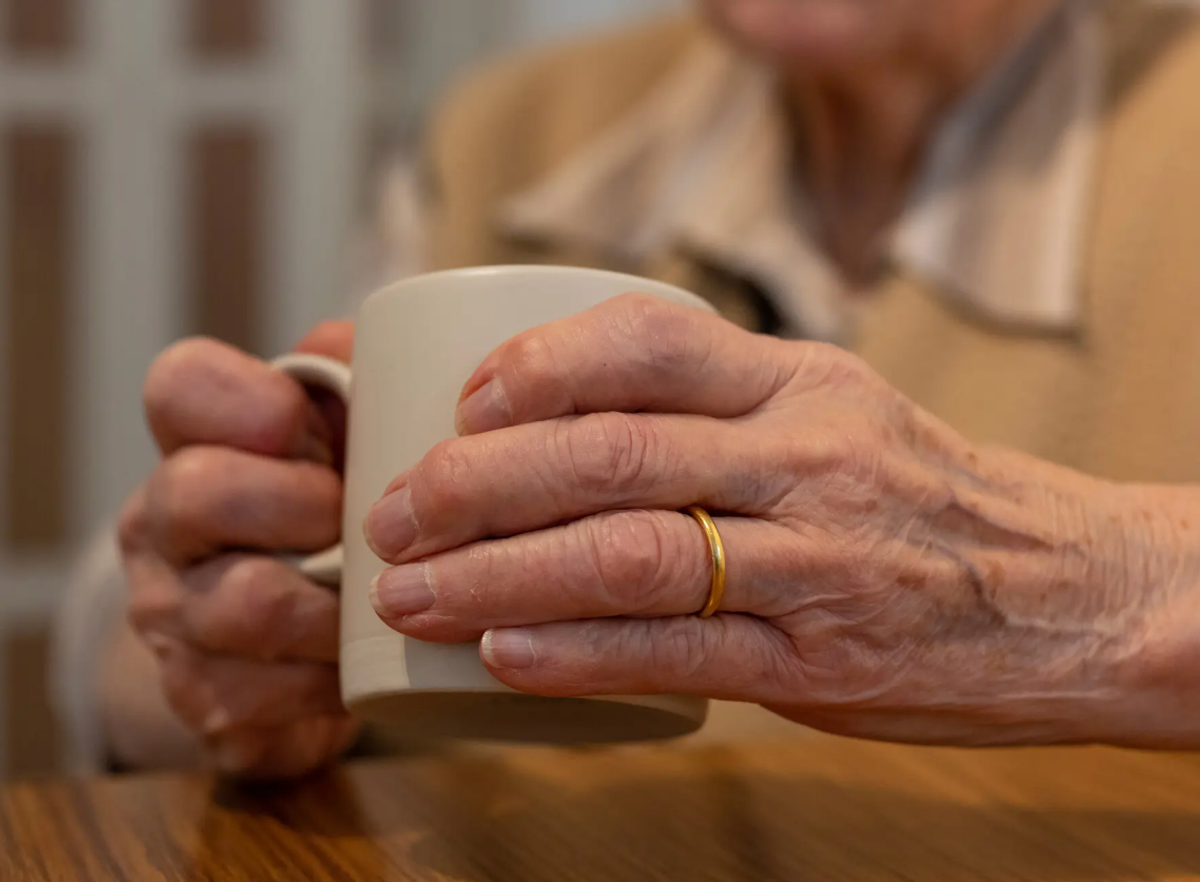Health News and Tips:

35 Simple Health Tips Experts Swear By - A Series
During my workday, one of the most restorative things I can do is listen to a song I love between clients. If I listen to some Snoop Dogg, I’m going to feel a little recharged. It puts you in a different zone. I have a playlist that includes gospel music, Megan Thee Stallion, and a variety of other genres.
– Nedra Glover Tawwab
Licensed clinical social worker
Short bursts of intense exercise — such as burpees, sprints on a bike, or taking the stairs at work — are both physically and metabolically valuable. I make sure to put them into my life a couple of times every week.
– Dr. Jordan D. Metzl
Sports medicine physician at the Hospital for Special Surgery in New York
A couple of times a day, I consciously drop my shoulders, sigh and think to myself: “Let go.”
– Sherry Cormier
Psychologist and bereavement trauma expert.
That Cup of Coffee May Have a Longer-Term Perk:
By Alice Callahan
Alice Callahan reported from the annual meeting of the American Society for Nutrition in Orlando, Fla.
A new study of over 47,000 women found links between coffee drinking and healthy aging. Here’s what we know.
Most people who drink coffee appreciate the quick jolt of energy it provides. However, in a new study presented today at the annual meeting of the American Society for Nutrition, scientists have found that coffee may offer the much longer-term benefit of promoting healthy aging.
The study has not been peer-reviewed or published, but it was rigorous and included a large number of women who were followed for many years. It also contributes to a substantial body of evidence linking coffee consumption to longer life and various health benefits, including a lower risk of certain chronic diseases. However, all of these studies had limitations, including that they were observational and could not definitively prove cause and effect.
Still, the results linking coffee to healthier aging were not surprising, said Fang Fang Zhang, a professor of nutritional epidemiology at Tufts University who was not involved with the study. “The data is quite consistent that coffee consumption is actually beneficial,” she said.
What did the new research find?
In the study, researchers followed more than 47,000 female nurses for several decades beginning in the 1970s. Every few years, the women answered detailed questions about their diets, including how much coffee, tea, and cola (such as Coca-Cola or Pepsi) they typically drank. Then, the scientists looked at how many of the women were still alive and met their definition of “healthy aging” in 2016.
Just over 3,700 women met those criteria: They were 70 or older; reported good physical and mental health, with no cognitive impairment or memory problems; and were free of 11 chronic diseases such as cancer, Type 2 diabetes, heart disease, kidney failure, Parkinson’s disease and multiple sclerosis.
The researchers found a correlation between the amount of caffeine the women typically consumed (mostly from coffee) when they were between 45 and 60 years old and their likelihood of experiencing healthy aging. After adjusting for other factors that could affect aging, such as their overall diet, how much they exercised and whether they smoked, those who consumed the most caffeine (equivalent to nearly seven eight-ounce cups of coffee per day) had odds of healthy aging that were 13 percent higher than those who consumed the least caffeine (equivalent to less than one cup per day).
Drinking tea or decaffeinated coffee was not associated with healthy aging, the researchers found. That may be because the study participants generally consumed less tea and decaffeinated coffee overall, so there were perhaps fewer opportunities for the researchers to find benefits linked to them, said Sara Mahdavi, an adjunct professor of nutritional sciences at the University of Toronto, who led the study. Tea and decaf coffee also contain less caffeine, and tea has different plant compounds than regular coffee, which may also explain the results, she added.
Drinking cola, another potential source of caffeine, was associated with significantly decreased odds of healthy aging.
Dr. Mahdavi cautioned that while drinking up to seven small cups of coffee per day was associated with healthy aging in her study, that doesn’t necessarily mean that drinking that much will benefit everyone, nor that it is healthy to do so.
Research in other groups of people suggests that the health benefits of coffee may plateau or even dip when they drink more than three to four cups per day.
What does other research suggest?
Many other studies have linked drinking coffee regularly to a lower risk of early death. In a study of more than 46,000 U.S. adults published in May, Dr. Zhang and her colleagues found that those who consumed one to three cups of coffee per day were about 15 per cent less likely to die within the next nine to 11 years than those who didn’t drink coffee. That benefit, however, disappeared for individuals who typically added more than about a half-teaspoon of sugar to their coffee and for those who added more than one gram of saturated fat (equivalent to about one tablespoon of half-and-half or 3.5 tablespoons of whole milk) per cup of coffee.
Research has also suggested that people who drink coffee regularly have lower risks of heart disease, Type 2 diabetes, Parkinson’s disease, liver disease, osteoporosis and some types of cancer.
These kinds of studies can’t prove cause and effect, said Aladdin Shadyab, an associate professor of public health and medicine at the University of California, San Diego.
But because the benefits associated with coffee have been so consistent, it’s unlikely that they are entirely explained by other aspects of a person’s life, Dr. Zhang said. If anything, drinking coffee is often associated with unhealthy habits, like smoking and less exercise. The fact that you see benefits after accounting for these differences means that coffee is probably helping, Dr. Zhang said.
How might coffee protect your health?
Researchers aren’t entirely sure why coffee may be beneficial. “It’s a bit of a mystery,” said Marilyn Cornelis, an associate professor of preventive medicine at Northwestern Feinberg School of Medicine.
Studies in mice have found that caffeine may improve memory and protect brain cells from damage. Human studies have found links between regular (non-decaffeinated) coffee and a reduced risk of Parkinson’s disease.
Both regular and decaf coffee contain hundreds of chemical compounds, including many that may lower inflammation and prevent cell damage, Dr. Mahdavi said.
While the new study didn’t find a benefit associated with decaf coffee, other research has linked it, along with regular coffee, to lower rates of Type 2 diabetes and other conditions, Dr. Cornelis said. Tea also contains many beneficial compounds, and drinking it has been linked to improved heart health and a longer lifespan.
What’s the takeaway?
If you drink coffee regularly, consider the new findings and others like it as good news that it may benefit your health, so long as you don’t add too much cream or sugar, Dr. Zhang said.
But if you don’t enjoy coffee, Dr. Mahdavi added, there’s no need to start drinking it. It can interfere with sleep or make some people feel anxious or jittery.
There are plenty of other, more evidence-backed ways to boost your health and longevity, Dr. Shadyab added, such as following a balanced diet, exercising regularly, getting enough sleep and having an active social life.


